Fall is in the air, and that means it’s pumpkin season! But did you know that pumpkin isn’t just for carving spooky jack-o’-lanterns?
Pumpkin is a versatile vegetable that can be used in both sweet and savory dishes. It is a good source of vitamins A and C, as well as beta-carotene. Vegan pumpkin recipes are a great way to enjoy the deliciousness of pumpkin without any animal products.
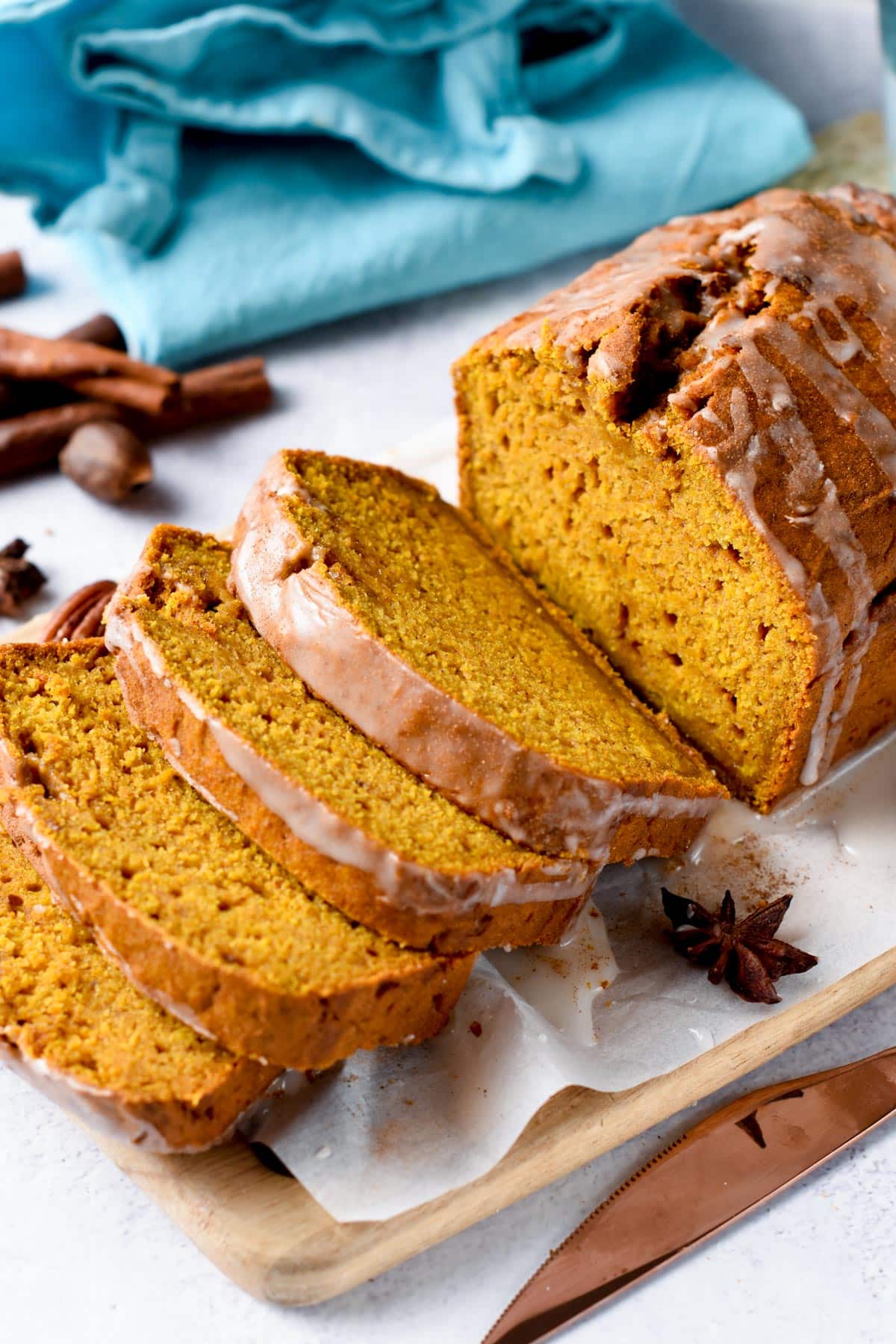
Nutritional Benefits of Pumpkin
Pumpkin is a good source of the following nutrients:
- Vitamin A: Vitamin A is essential for vision, immunity, and reproduction.
- Vitamin C: Vitamin C is an antioxidant that helps protect the body from damage.
- Beta-carotene: Beta-carotene is an antioxidant that is converted to vitamin A in the body.
- Fiber: Fiber helps to regulate digestion and promote heart health.
- Potassium: Potassium is an important mineral that helps regulate blood pressure.
Frequently Asked Questions
Yes, you can use canned pumpkin in vegan pumpkin recipes.
However, it is important to choose a canned pumpkin that is unsweetened and does not contain any added sugar or spices.
There are many substitutes for eggs in vegan pumpkin recipes. Some common substitutes include:
– Flaxseed meal and water: Mix 1 tablespoon of flaxseed meal with 3 tablespoons of water and let sit for 5 minutes.
– Chia seeds and water: Mix 1 tablespoon of chia seeds with 3 tablespoons of water and let sit for 5 minutes.
– Applesauce: Use 1/4 cup of applesauce per egg.
– Silken tofu: Use 1/4 cup of silken tofu per egg.
There are many substitutes for dairy products in vegan pumpkin recipes. Some common substitutes include:
– Almond milk: Use unsweetened almond milk in place of cow’s milk.
– Coconut milk: Use coconut milk in place of heavy cream or half-and-half.
– Cashew cream: Make your own cashew cream by blending 1 cup of cashews with 1 cup of water until smooth.
– Yogurt alternatives: There are many vegan yogurt alternatives available, such as soy yogurt, almond yogurt, and coconut yogurt.

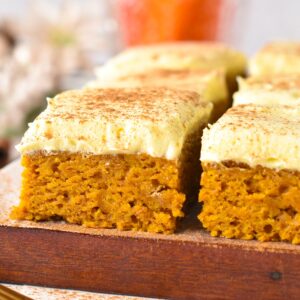



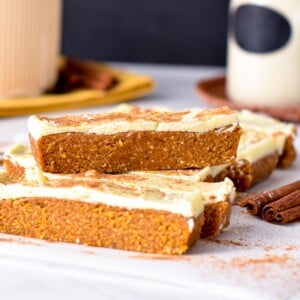

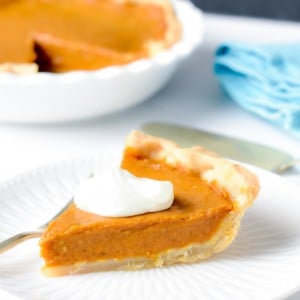
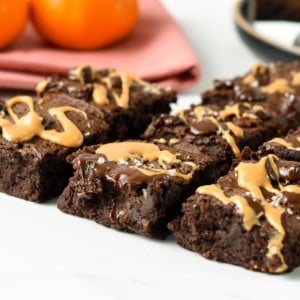


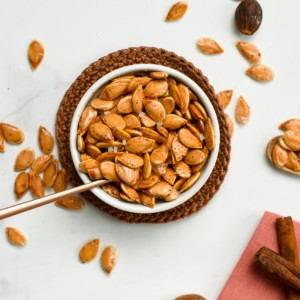
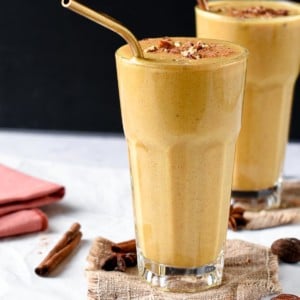

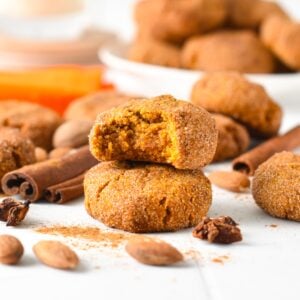

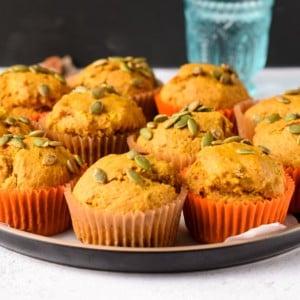



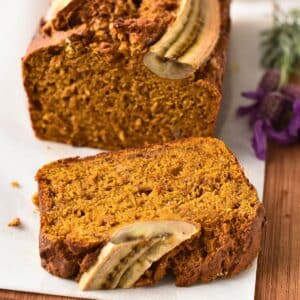


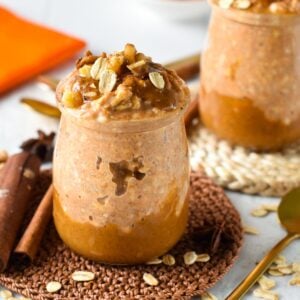

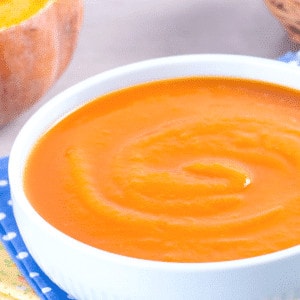




Leave a comment